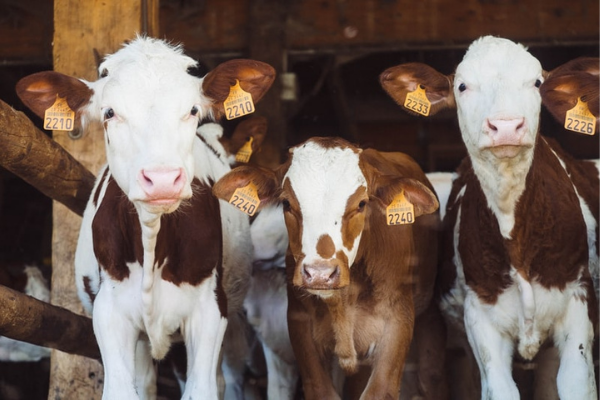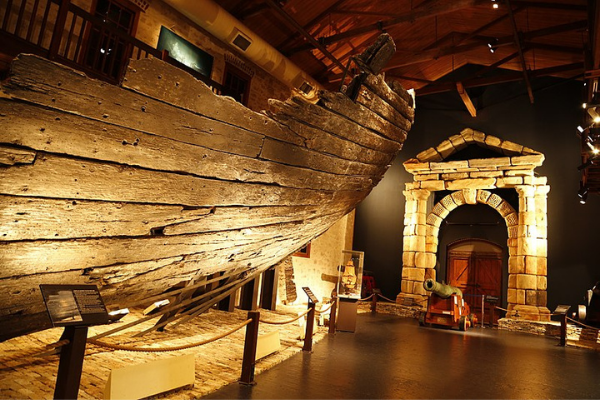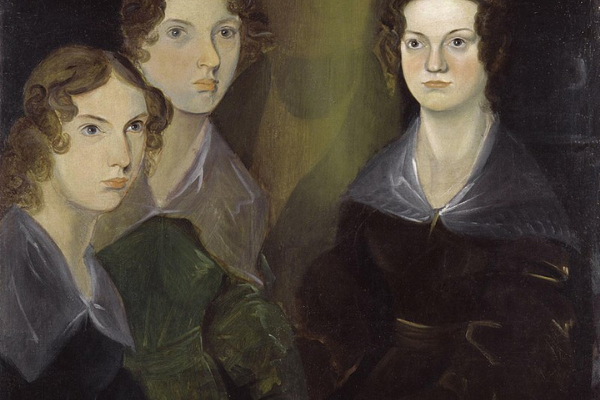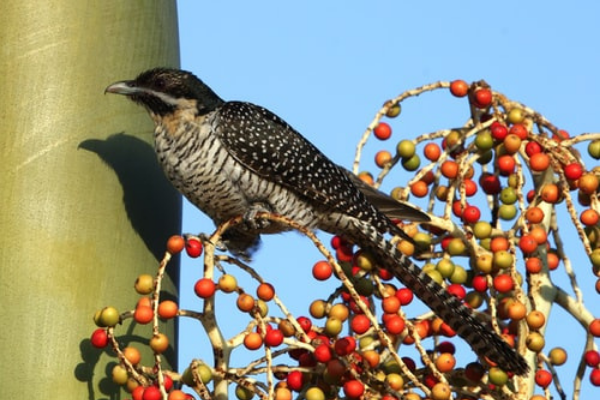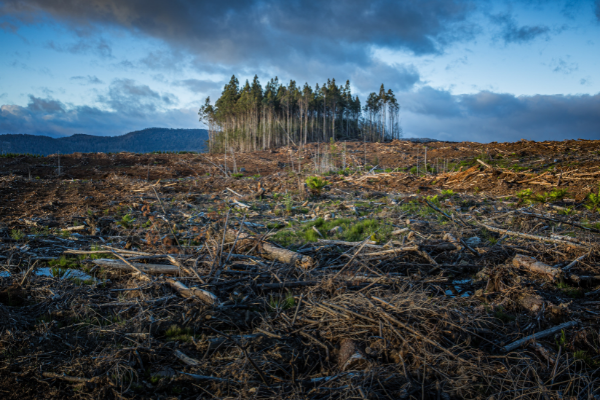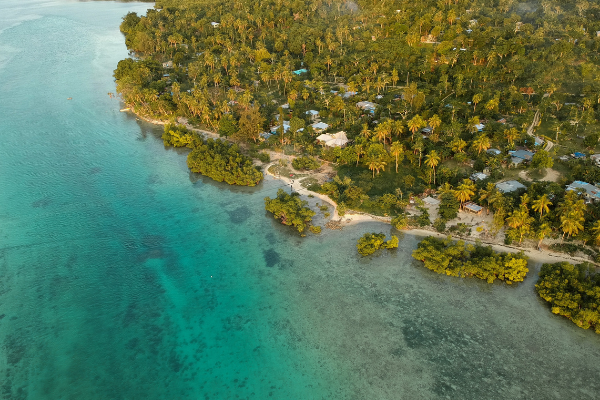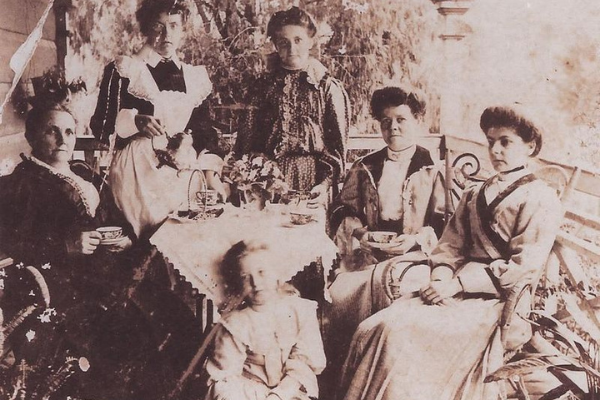Rediscovering the roots of Australia’s literary classics
The Academy Editions They are Australian classics we think we know well – works such as Marcus Clarke’s His Natural Life (for too long known as For the Term of His Natural Life) and Catherine Martin’s An Australian Girl. Yet the stories behind them are far more complex than we might realise, as a landmark […]
Rediscovering the roots of Australia’s literary classics Read More »


